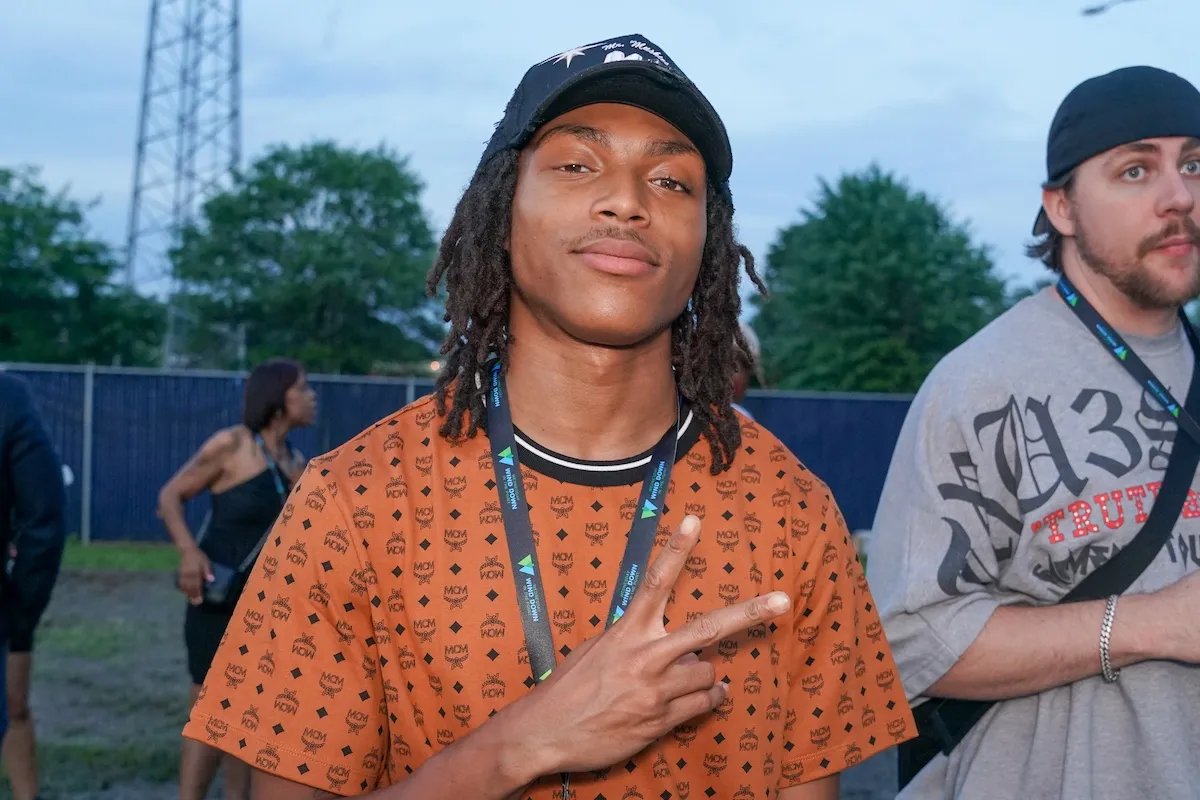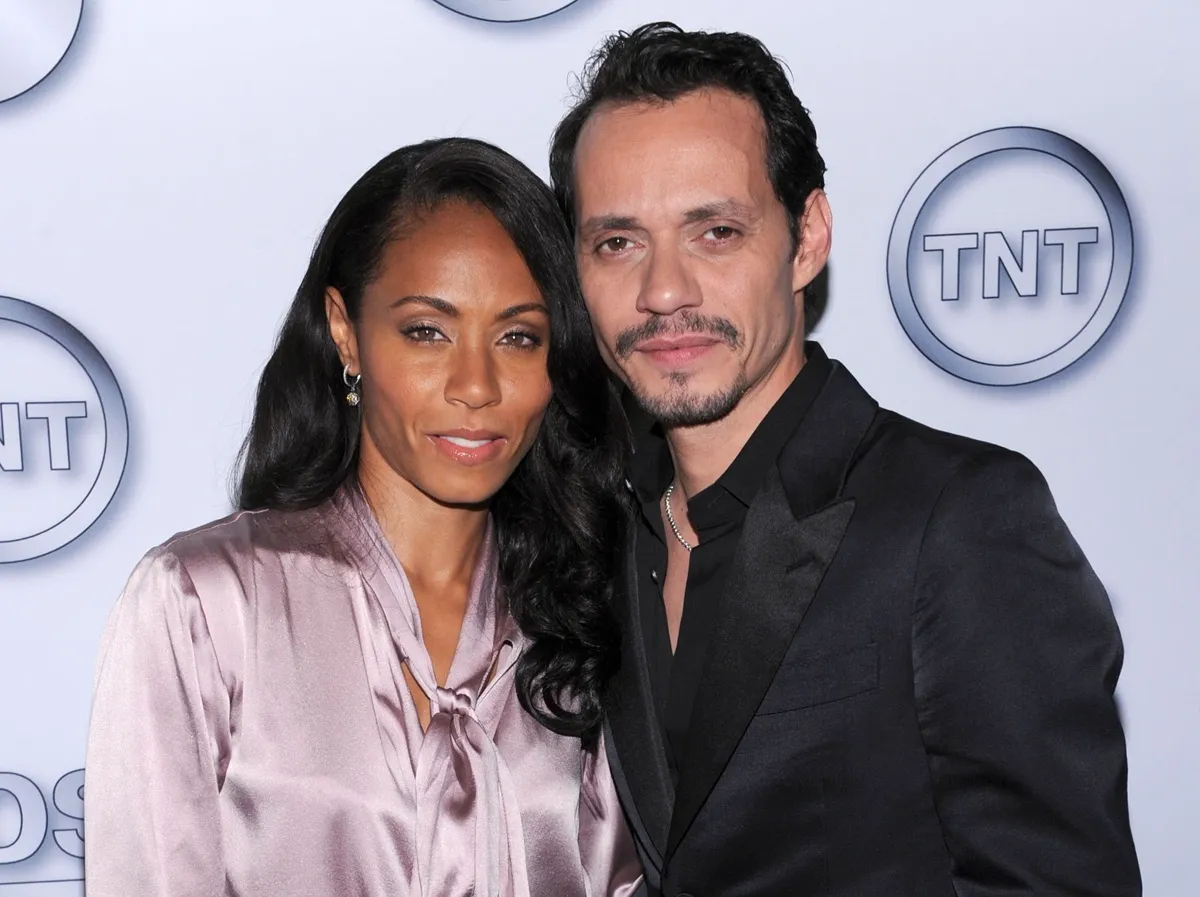Royal Wedding Traditions Princess Eugenie Must Follow
Princess Eugenie and Jack Brooksbank’s royal wedding is right around the corner. The couple has plans to say “I do” at St. George’s Chapel in Windsor Castle in October, which means its wedding crunch time for the future Mrs. Brooksbank. Although she’s marrying a commoner, Princess Eugenie is having a traditional royal wedding, which means there are many rules and traditions she must abide by. Curious to know what royal wedding traditions Princess Eugenie must follow? We share the most common royal wedding rules, below.

She must wear white on her wedding day
Most modern wedding dresses come in a variety of shades like white, cream, and ivory. However, royal brides must stick to the same color palette and wear all white. Like all royal weddings, Princess Eugenie’s dress will most likely be top secret until the big day. However, it’s safe to assume she will walk down the aisle in an all-white ensemble, just like her cousins-in-law, Kate Middleton and Meghan Markle.
Her dress or veil must also include lace
Another royal wedding tradition Princess Eugenie will most-likely follow? Her dress design will incorporate lace. For her royal wedding, Meghan Markle chose a more simple dress but was sure to include the family tradition in her veil. On the other hand, Kate Middleton wore a lace dress with plenty of intricate detail.
From the looks of it, Princess Eugenie is much more traditional than Meghan Markle — after all, she was born into the royal family — but she could still surprise us with her dress choice.
The wedding cake will probably be a fruitcake
The royal wedding cake is almost as big of a deal as the dress. However, it is usually much less surprising. Traditionally, members of royalty celebrate their wedding with a fruitcake and always save a few tiers for future events like christenings. Fruitcake is a popular British confectionery and is known to get better with age, which explains why it is the cake of choice for the royal family members.
That said, Princess Eugenie could draw inspiration from her cousin’s wedding and choose something less traditional like the lemon elderflower cake served at Prince Harry and Meghan Markle’s wedding.
The bridal bouquet will contain myrtle from Queen Victoria’s garden
Flowers are a big deal at royal weddings, and they are often chock full of tradition. Each bouquet is uniquely personal to the bride and groom — Kate Middleton’s bouquet had Sweet Williams in honor of her husband, and Meghan Markle’s had Princess Diana’s favorite flower, Forget-Me-Nots — but all must include myrtle. The royal wedding tradition dates back to Queen Victoria, and the bride’s bouquet features a spring directly from her garden of myrtle.

Princess Eugenie and Jack Brooksbank won’t kiss until after the ceremony
Kissing after you say “I do” might be a modern wedding tradition, but the royal family has its own kissing traditions. Instead of kissing in the chapel, royal couples typically wait until they are on the balcony of Buckingham Palace. That said, not every royal bride and groom gets married in London.
Like Prince Harry and Meghan Markle, Princess Eugenie and Jack Brooksbank will get married in Windsor Castle at St. George’s Chapel. Following the ceremony, they will likely share an intimate moment on the steps of the chapel, just like Harry and Meghan did.
Princess Eugenie will wear a tiara for the first time
Despite being a blood princess, Princess Eugenie has never worn a tiara. That’s because tiaras are only permitted for married women and brides. On her wedding day, Eugenie will likely wear a tiara — loaned to her from her grandmother, Queen Elizabeth — for the first time.
She will ride in a horse-drawn carriage to the chapel
It is a royal wedding tradition for brides to ride to the chapel in style — aka, a horse-drawn carriage. And, Princess Eugenie will likely stick with the tradition. Following her nuptials, she and Jack Brooksbank might also partake in a carriage ride around the town before heading to their reception.
The bride and groom could receive a title change
Following their royal wedding nuptials, the bride and groom could go by an entirely new title. That said, this traditionally only happens when the groom is a prince. Since Princess Eugenie is marrying a commoner, she might be the only one receiving a title change — and she could forgo her royal title altogether and go by Lady Eugenie.
Should she choose to keep her HRH Princess of York status, she will likely go by HRH Princess Eugenie, Mrs. Brooksbank or not take her husband’s surname altogether.
Check out The Cheat Sheet on Facebook!


